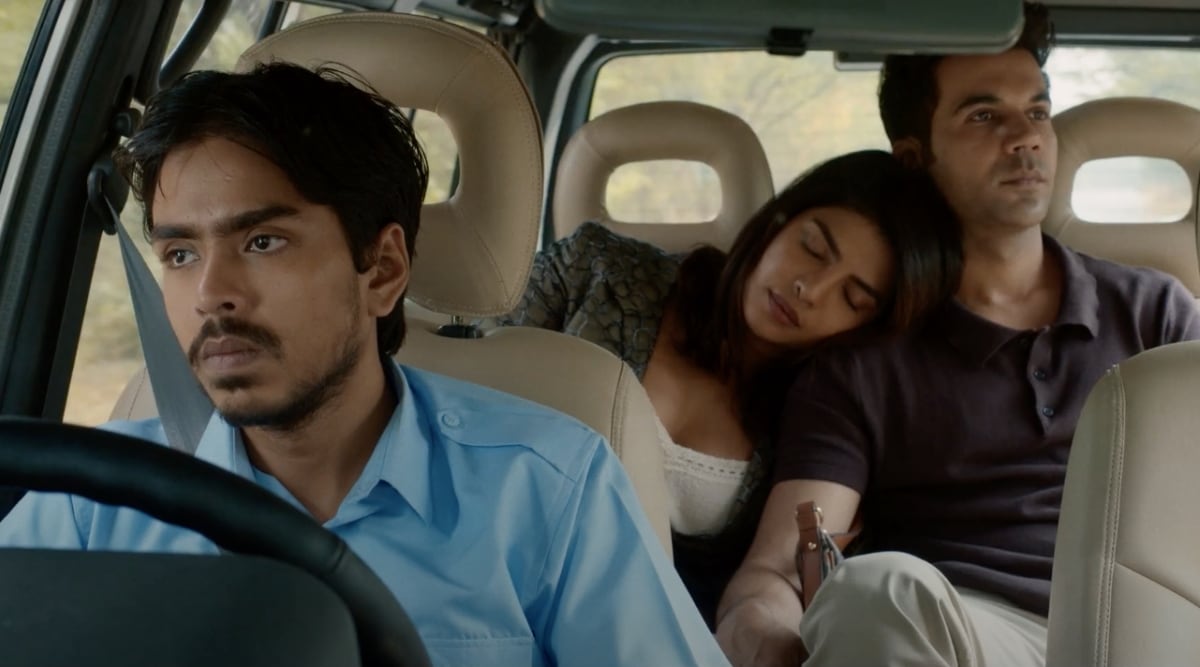

He unfolds his story as a kind of high-risk business plan: When most of the country lives in poverty, he argues, anyone trying to break out will have to resort to cutthroat tactics. The White Tiger is like a Dickensian rags-to-riches story by way of a Patricia Highsmith psychological thriller, but Balram's wickedly conspiratorial narration gives it an extra layer of satire. We meet a younger version of Balram growing up in a poor coal-mining village, where he shows early promise as a student, until his domineering grandmother pulls him out of school and puts him to work in a tea shop.
.jpg)
That story is narrated in flashback by its protagonist, Balram, played by a superb Adarsh Gourav. There's even a cheeky line in the trailer about how there's no million-rupee game-show prize at the end of the story. Now, 12 years later, there's a darkly funny new movie adaptation of The White Tiger, and it plays even more like the flipside to Slumdog Millionaire's pure-hearted optimism. But Adiga's novel was a far more cynical and morally unsettling piece of work, with a protagonist who came into his fortune through acts of theft, deception and worse.

The year 2008 saw the publication of Aravind Adiga's novel The White Tiger and the release of the film Slumdog Millionaire, two stories about young men escaping poverty and defying the odds against the backdrop of a rapidly globalizing India. Balram (Adarsh Gourav) is a young man struggling to escape poverty in The White Tiger.


 0 kommentar(er)
0 kommentar(er)
